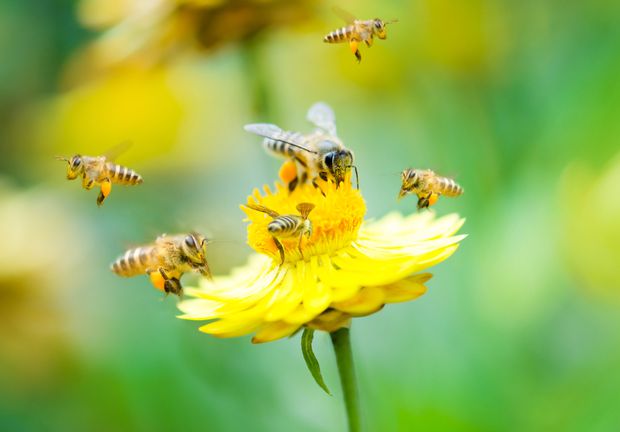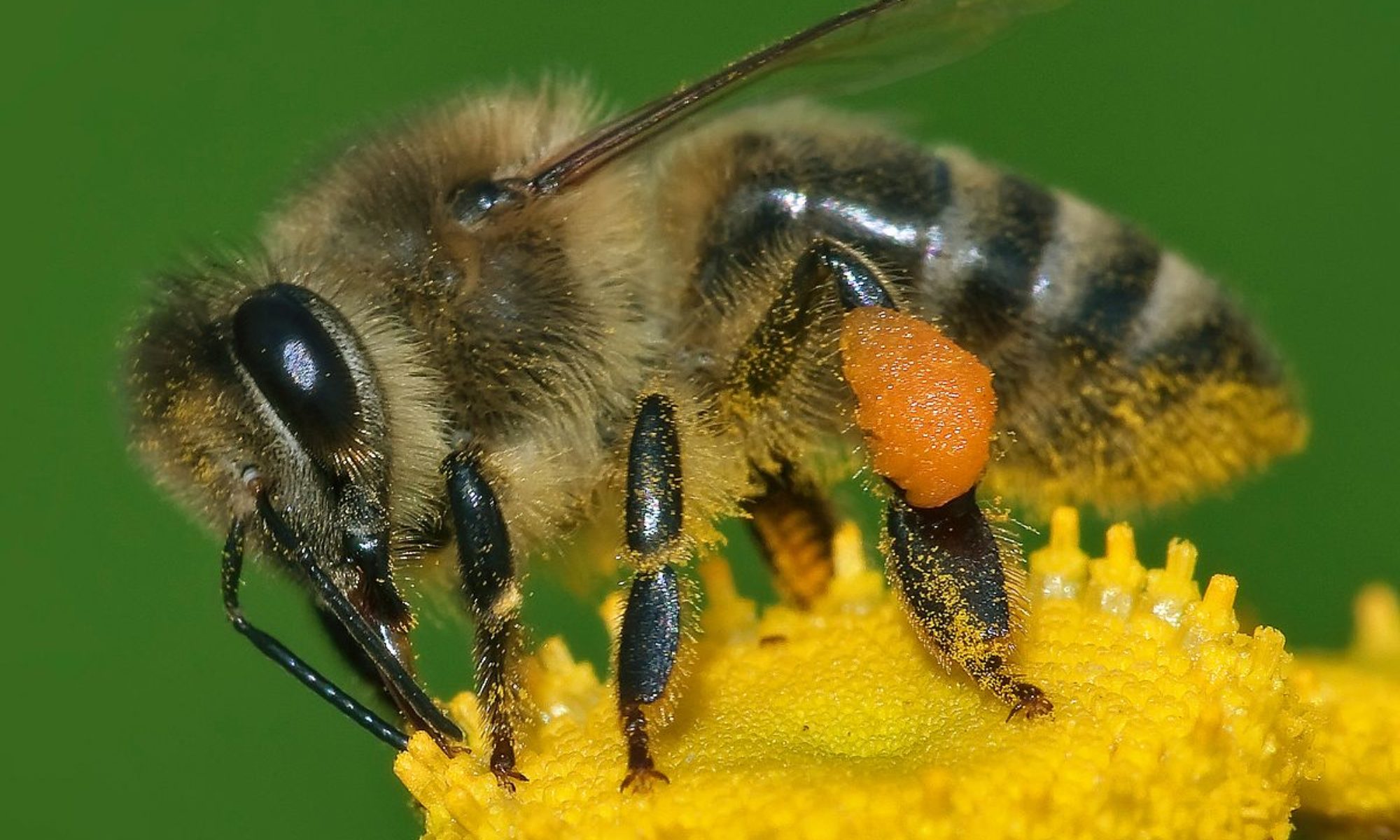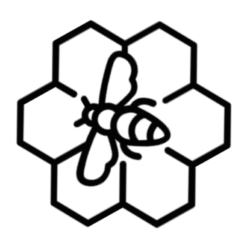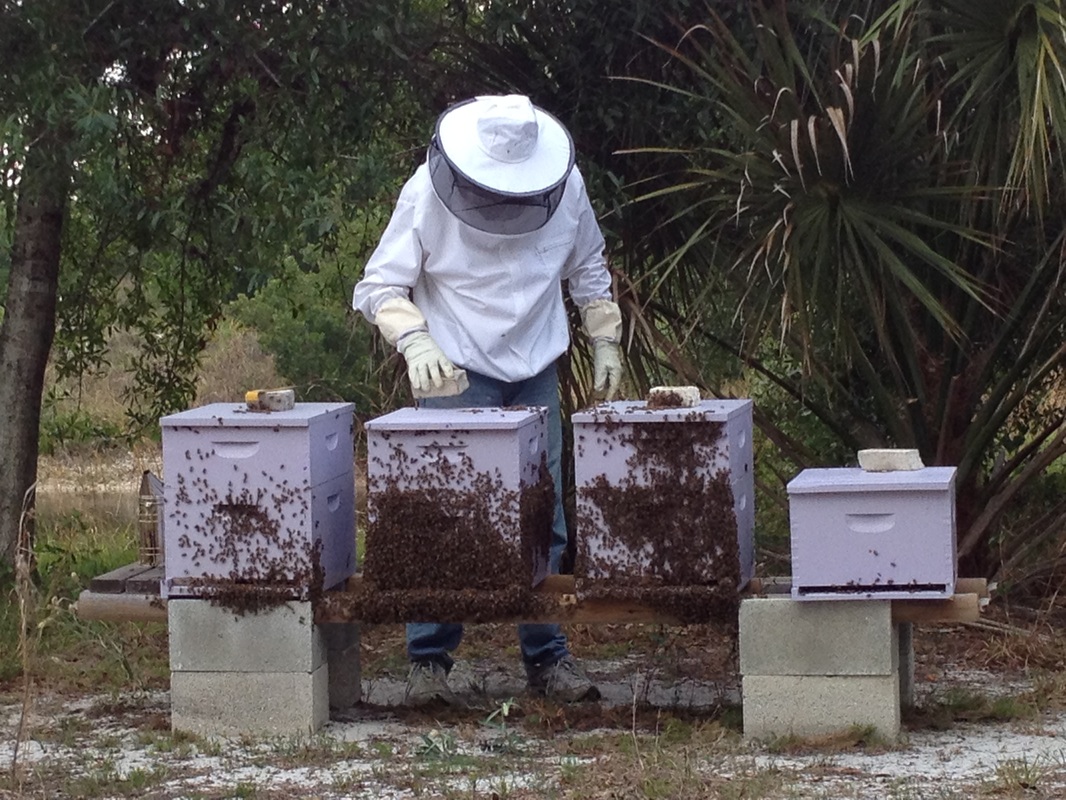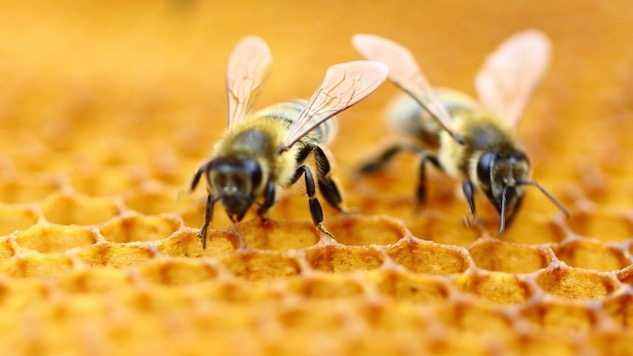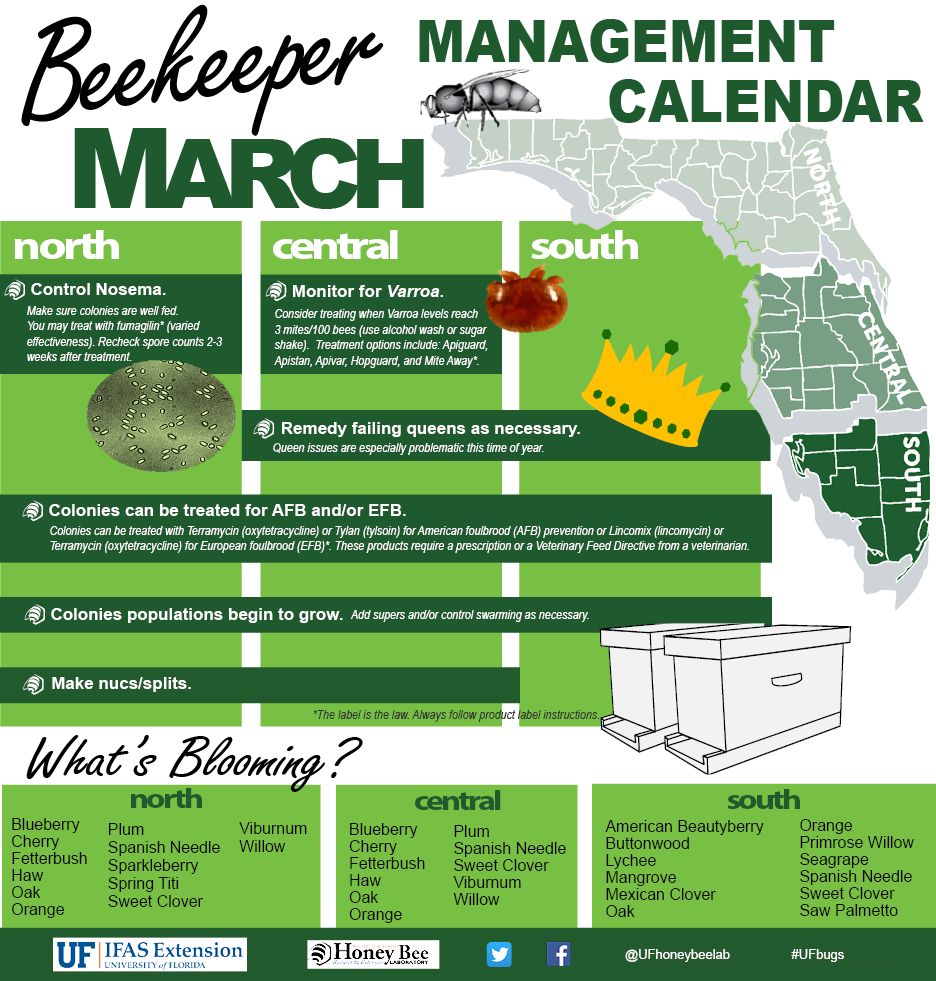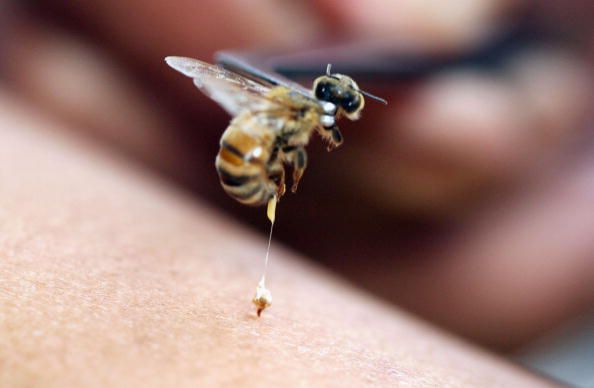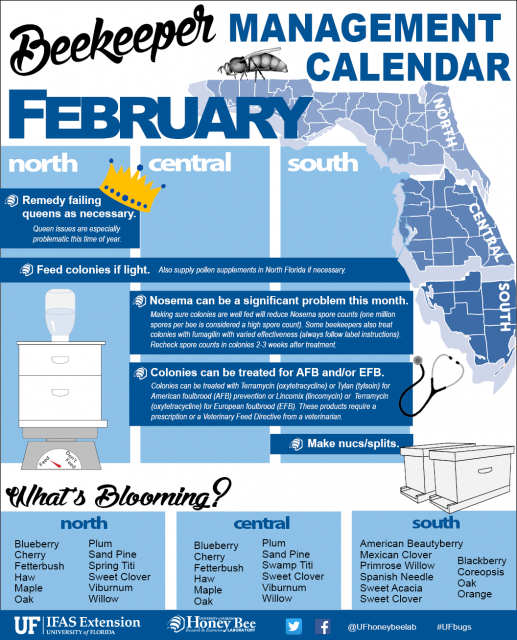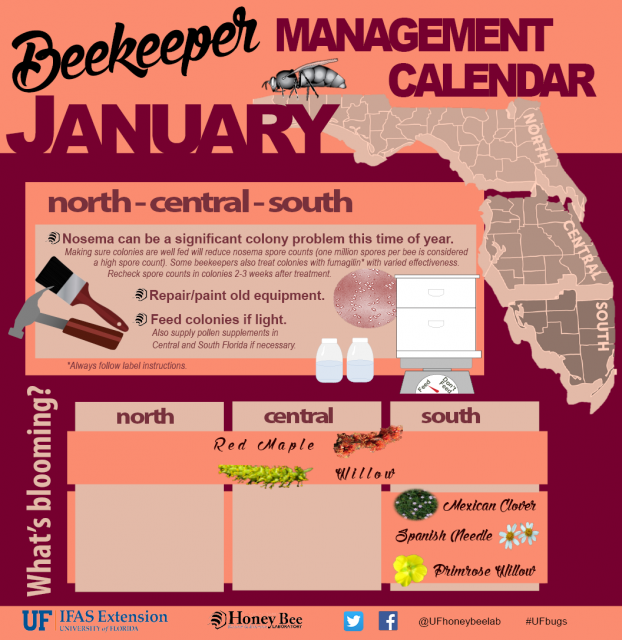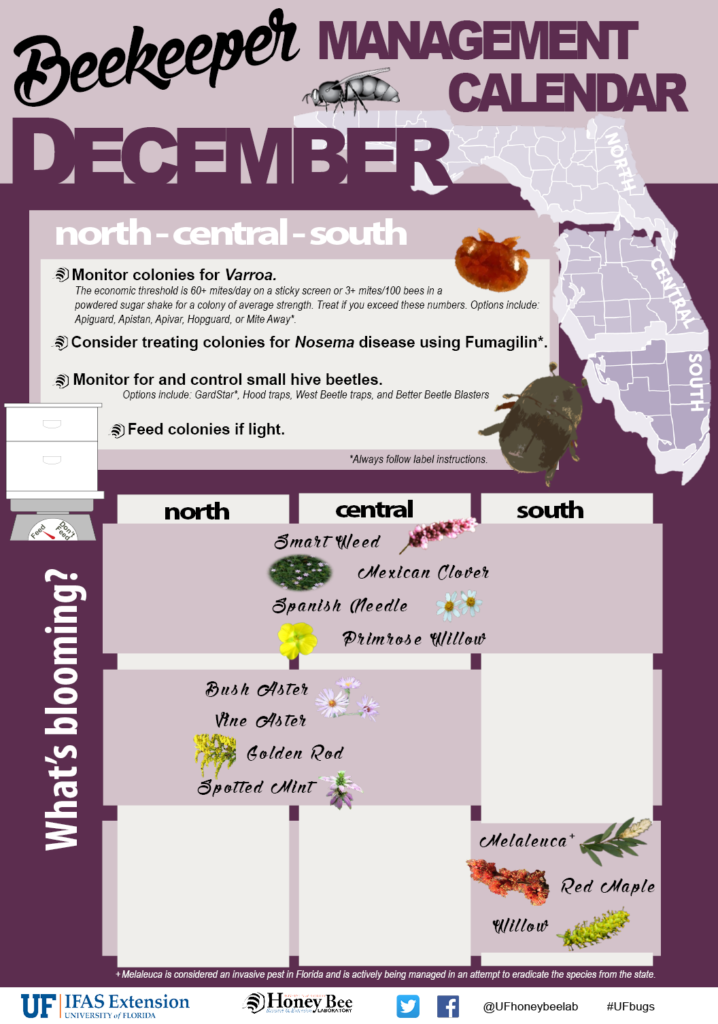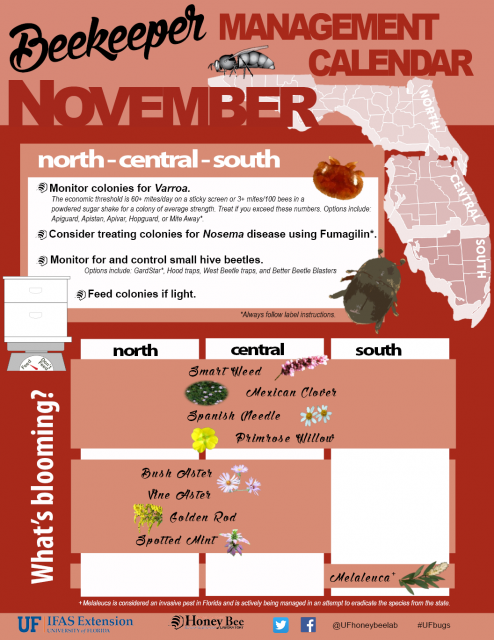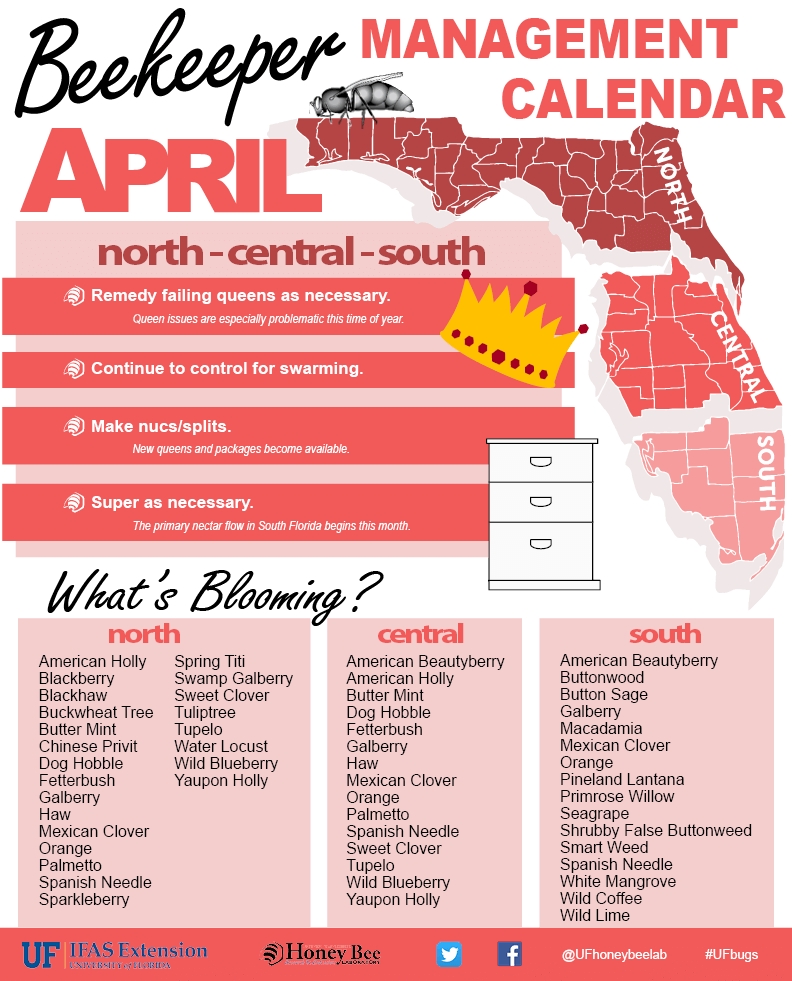
Q. Is it Illegal to Kill Honey Bees?
No, it is not illegal to kill honey bees.
However, it is considered bad practice to arbitrarily kill honey bees without at least making an effort to save them.
If people or property are in danger that is one thing.
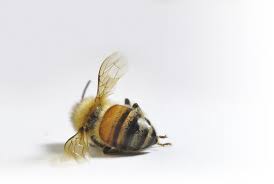
Most of the time; however, the bees can be removed live without damaging the property or hurting anyone.
We have seen very few cases where we would recommend having a pest control company come and exterminate the bees.
Reputable pest control companies will first do everything they can to save honey bees before resorting to extermination.
Killing honey bees is often just a quick fix that doesn’t solve the problem and costs more in the long run.
Have a Question about Honey Bees or Bee Removals?
Simply send us your bee hive removal question and we will post the answer here as a blog post 🙂
Beekeeper Best Management Practices [BMPs] | March
Q. How Many Times do Beekeepers and Bee Hive Removal Specialists get stung by Bees?
Getting stung by bees kind of goes with the territory when beekeeping and doing bee removal work.
Even when wearing protective bee equipment, it is still hard to avoid being stung when you work around tens of thousands of bees every day.
Tim’s has been stung more times than he can count: hundreds of times every bee season.
What to do when you get stung by a honey bee?
You want to use your fingernail or a credit card to “scrape” the stinger out as soon as possible.
The stinger has a muscle and venom sac attached. The longer it is in your skin, the more venom is injected.
Never grab it or use tweezers – this will only inject more venom from the attached venom sac by squeezing it’s contents into the skin.
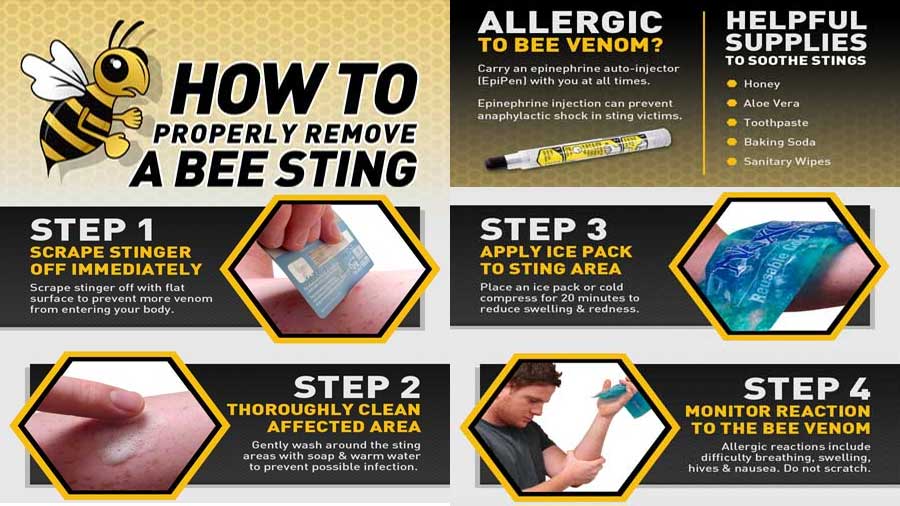
How to know if you are allergic?
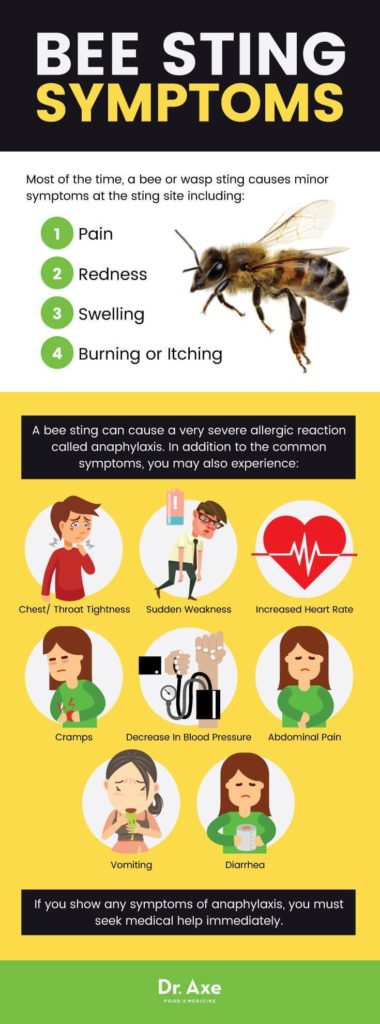
Beekeeper Best Management Practices [BMPs] | February
Q. I think I have Africanized “killer” bees at my house. What should I do?
Don’t panic and do your best to not disturb the bees. Sudden movements and banging on their home is sure to stir them up. They are attracted to sweat and carbon dioxide (our exhale). The best thing to do would be to call a professional bee hive removalcompany asap and keep a safe distance.
For the most part, Africanized bees do exist in all over Florida. Most of the honey bee colonies we remove are typically your average honey bee colony with some africanized traits. They are not African “Killer” Bees. Every once in a while however, we do come across some honey bees that is so mean that they are hard to work. For these jobs, one must stay completely covered up in protective gear until leaving the job site and keep everyone else inside.
A more defensive honey bee colony doesn’t necessarily mean it is Africanized. The temperament of the colony is determined by the queen’s genetics and size of the colony. Some breeds are more defensive than others, such as Russian bees. This problem is something that can be remedied. After removing and relocating a bee hive, the temperament of the colony can be changed by simply replacing the queen with a queen of more gentle genetic stock.
States that have seen the most incidents of Africanized honey bees are Florida, Texas, Arizona, New Mexico, and California. Although the Africanized bees can be a concern, the media has hyped them up a bit in their usual fashion. That having been said, our advice is to be cautious around any kind of bees nest.

If you are being stung by bees, the best response is to run away covering your nose and eyes until they stop chasing you or to go inside as quickly as possible. If you run into a car, do not get out again even if you have a few bees in the car. Also, do not to jump into a body of water, as the bees can still be waiting for you when you come up for air.
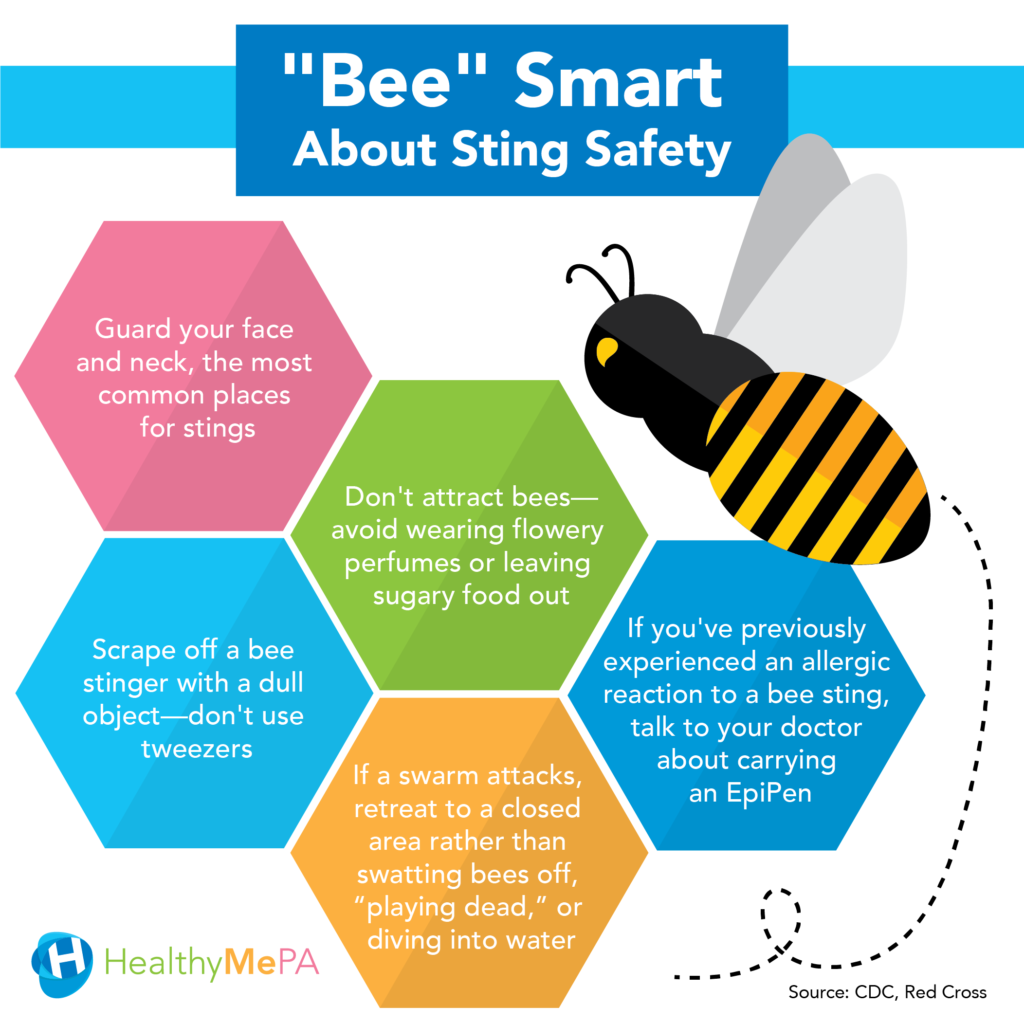
Beekeeper Best Management Practices [BMPs] | January
Q. What Types of Bees do you Relocate?
Our specialty is specifically live honey bee hive removal.
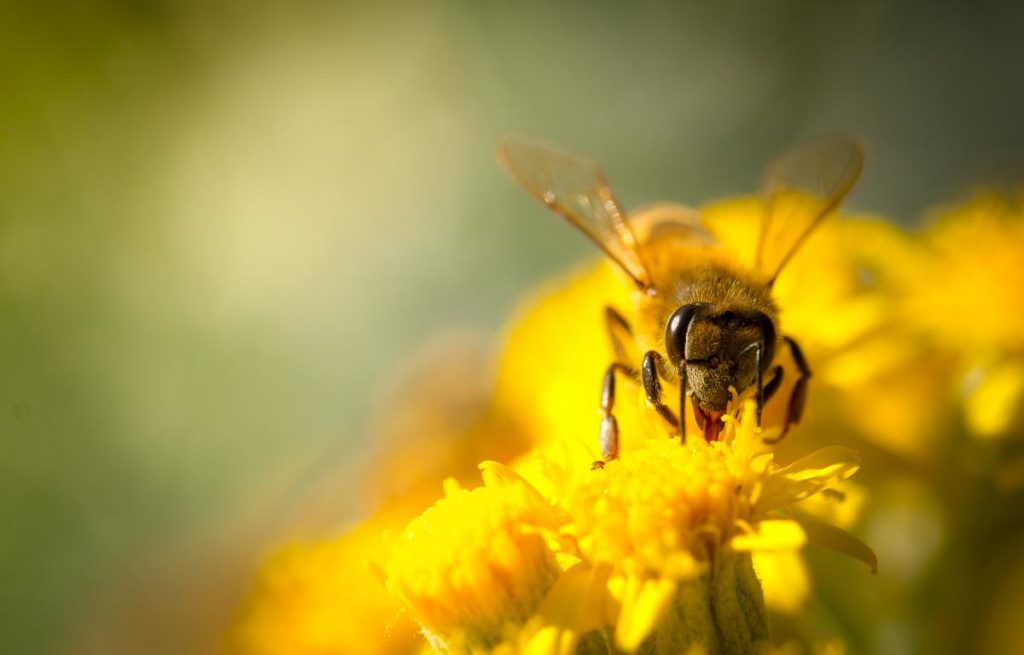
Honey Bee vs Non-Bees
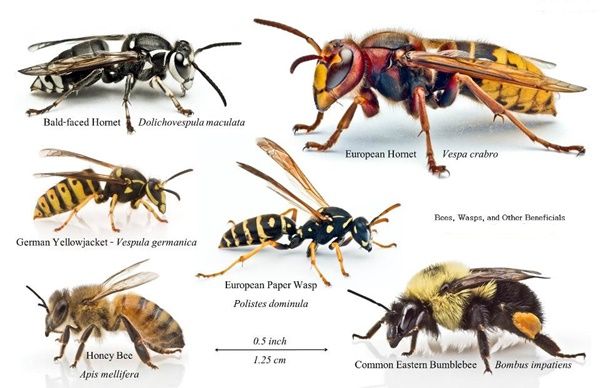
We do not remove hornet or yellow jackets nests, bumble bee nests, carpenter bees, mason bees, wasps, cicada killers, or ground bees.
Honey Bees & Natives Bees
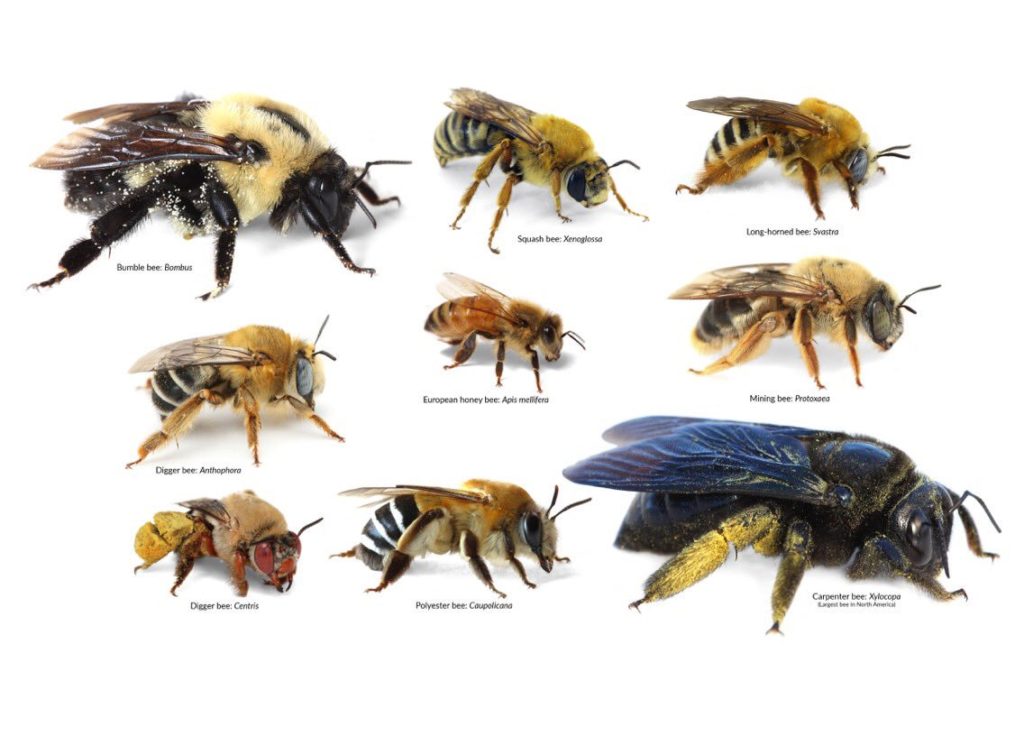
We also do not remove bees buzzing around flowers and plants. This is a normal part of pollination and bee life. Once the plants are done blooming, the bees will leave.
